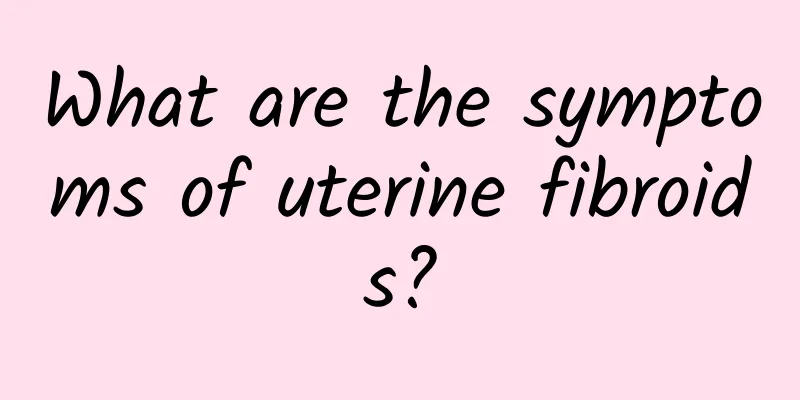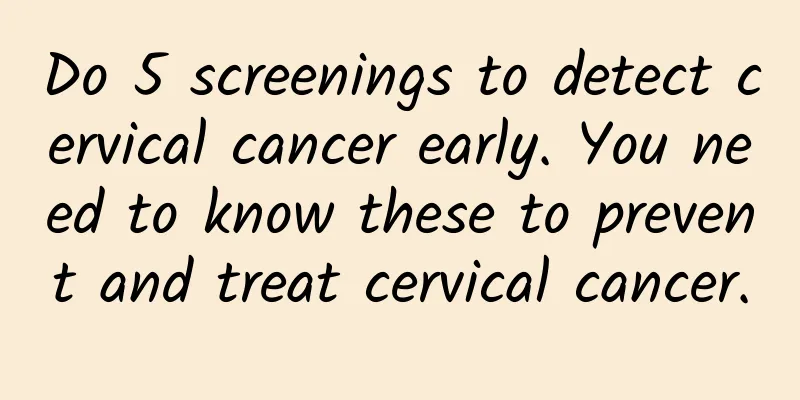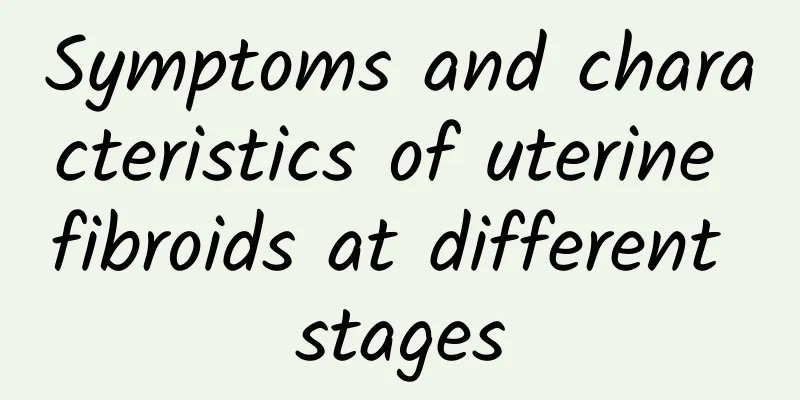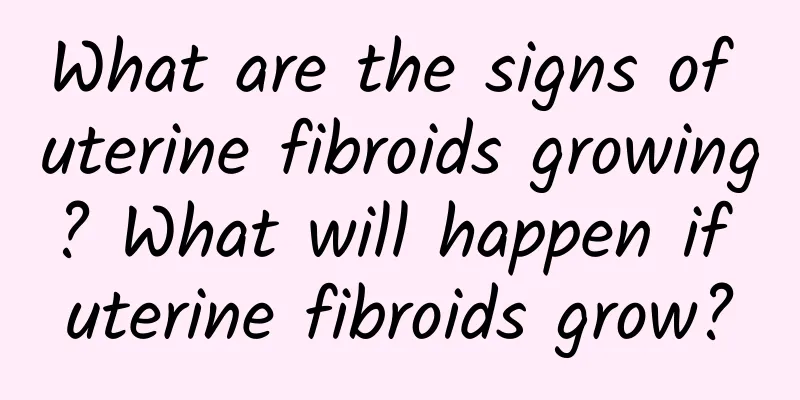What are the symptoms of uterine fibroids?

|
Symptoms of uterine fibroids can vary, and serious symptoms require immediate medical attention. Uterine fibroids are a common benign tumor that usually appears during a woman's childbearing years. Symptoms vary depending on the size, number, and specific location of the fibroids. Some uterine fibroids may have no obvious symptoms and can only be discovered through a routine physical examination or ultrasound. However, when the fibroids are large or located in a special location, they may cause obvious symptoms, including heavy menstrual flow, prolonged menstrual periods, pelvic pain, lower back pain, and even frequent urination or difficulty urinating. This is due to the fibroids putting pressure on nearby organs, such as the bladder or rectum. Some women may also experience pain during sexual intercourse or complications during pregnancy. Medical intervention is essential for patients with uterine fibroids who have already developed symptoms. In terms of drug treatment, gonadotropin-releasing hormone agonists (GnRHagonists) can be selected to reduce the size of the fibroids and relieve symptoms. Intrauterine devices (IUDs) can also effectively control bleeding. Nonsteroidal anti-inflammatory drugs (NSAIDs) can also be used to relieve pain. In terms of surgical treatment, myomectomy is a common choice to further improve symptoms, especially for women who want to preserve fertility. For patients with more or larger fibroids, total hysterectomy may be the ultimate treatment. In terms of diet, increasing iron-rich foods such as spinach and red meat can help manage anemia caused by heavy bleeding, and adding fiber-rich foods such as whole grains can help maintain weight and relieve symptoms. Medical intervention is essential for patients with uterine fibroids who have already developed symptoms. In terms of drug treatment, gonadotropin-releasing hormone agonists (GnRHagonists) can be selected to reduce the size of the fibroids and relieve symptoms. Intrauterine devices (IUDs) can also effectively control bleeding. Nonsteroidal anti-inflammatory drugs (NSAIDs) can also be used to relieve pain. In terms of surgical treatment, myomectomy is a common choice to further improve symptoms, especially for women who want to preserve fertility. For patients with more or larger fibroids, total hysterectomy may be the ultimate treatment. In terms of diet, increasing iron-rich foods such as spinach and red meat can help manage anemia caused by heavy bleeding, and adding fiber-rich foods such as whole grains can help maintain weight and relieve symptoms. Daily management recommendations include regular gynecological examinations to observe changes in fibroids. If you experience significant discomfort or worsening symptoms, you should consult a doctor in a timely manner. Moderate exercise can boost immunity and reduce stress, but make sure that exercise does not cause pain. At the same time, maintaining a healthy weight and a balanced diet can help lower hormone levels and thus slow the growth of fibroids. If you have uterine fibroids and feel anxious or have other psychological distress, you can seek psychological counseling or related support services. In order to effectively control symptoms, it is recommended to communicate with a professional gynecologist regularly and develop a personalized treatment plan based on your own situation. |
<<: What medicine cures endometriosis?
>>: Are cervical cysts the same as uterine cysts?
Recommend
How to treat uterine fibroids in women
Uterine fibroids are a common disease among women...
Introducing three causes of cervicitis
Do you want to know the causes of cervicitis? The...
What to do about menstrual pain
What to do when you have menstrual pain? How to q...
Why haven't I had my period yet after 30 days of abortion?
If menstruation does not come 30 days after abort...
How to treat pelvic inflammatory disease
How is pelvic inflammatory disease treated? Pelvi...
Eating 5 fruits and vegetables every day can nourish your eyes and prevent aging.
Eyes are the windows to the soul, but staring at ...
Is Han Bing and Han Qing's secret to staying slim drinking avocado milk? Nutritionist: Avocado seed water can also help you lose weight
Han Kuo-yu, the mayor of Kaohsiung who has been a...
How to treat uterine fibroids? When can uterine fibroids be cured?
Uterine fibroids are a common disease in women, b...
How early can an ectopic pregnancy be detected?
How early can an ectopic pregnancy be detected? 1...
Slimming and pressing 2 acupoints to suppress appetite and burn fat
Most people don’t really know which acupoints are...
How to prevent vaginitis
Vaginitis is one of the common inflammatory disea...
How to differentiate and diagnose left ovarian cyst and what are its symptoms
Ovarian cyst is a relatively complicated disease ...
How to treat premature ovarian failure
How to treat premature ovarian failure? Premature...
Eggplant is rich in dietary fiber, is it a good helper for weight loss? Nutritionist: Eggplant is low in calories and high in fiber and helps lose weight
Summer is a good time to lose weight, and in orde...
What are the causes of cervicitis in women? 4 cervicitis care methods that women must know
Cervicitis is a common gynecological disease for ...









